Share the Post:

Hey there , am Elena, a seasoned nuclear physicist with a passion for advancing nuclear science and fostering informed discussions within the industry. She seeks a platform that offers in-depth analysis, expert insights, and thought-provoking content.
Pass your feedback to our prompt team that is always ready to reach out to you for your appreciated concerns
